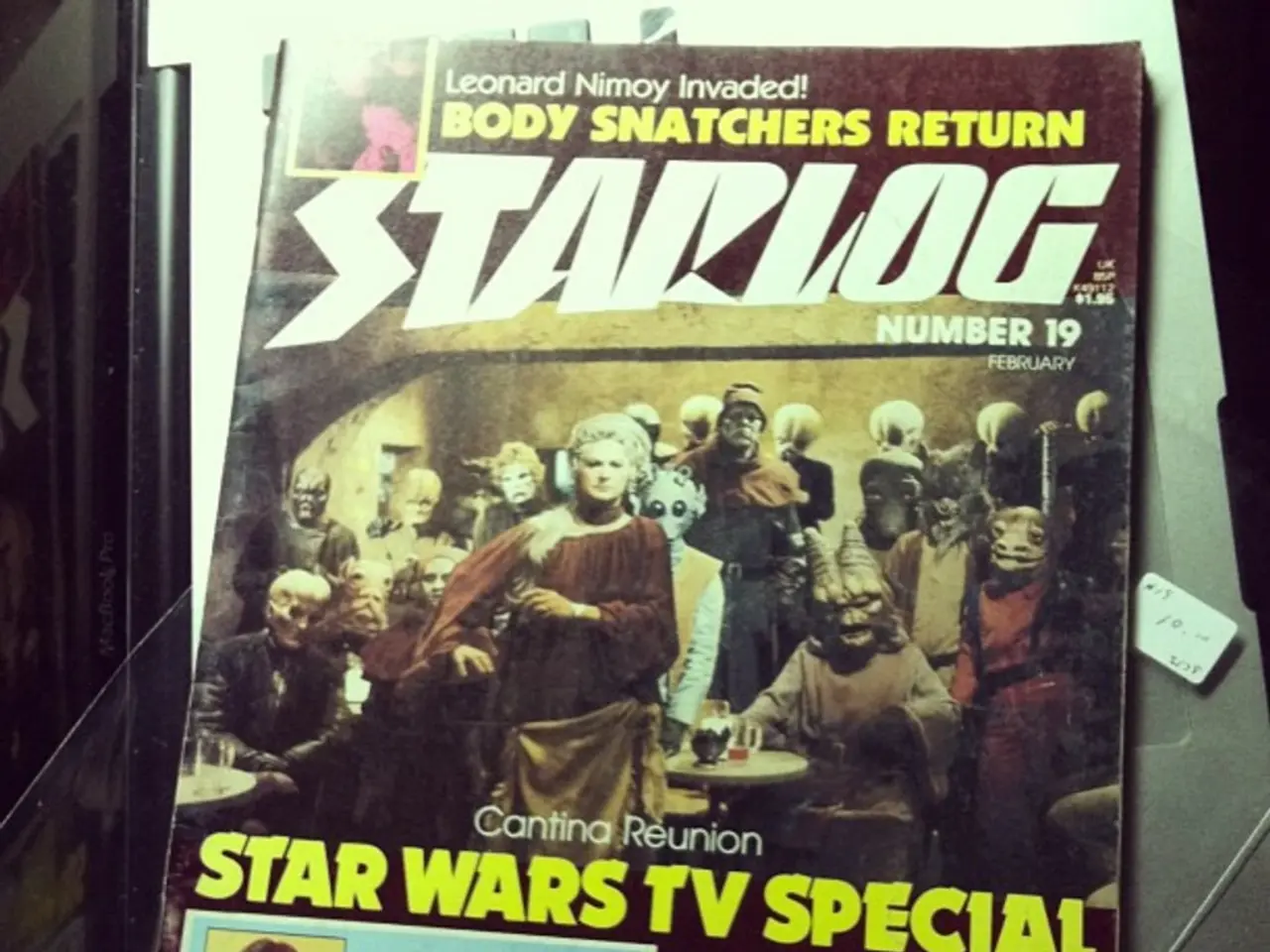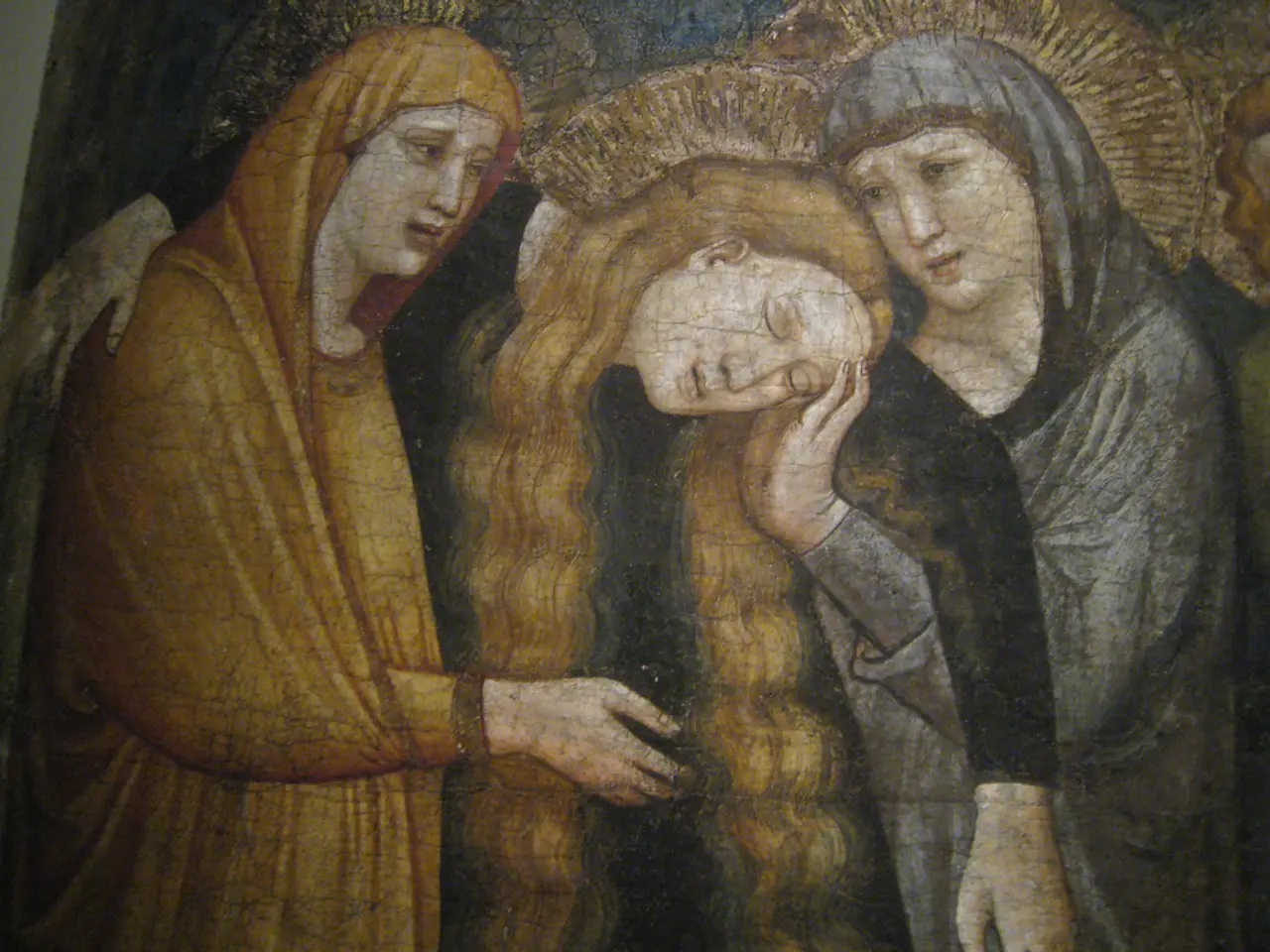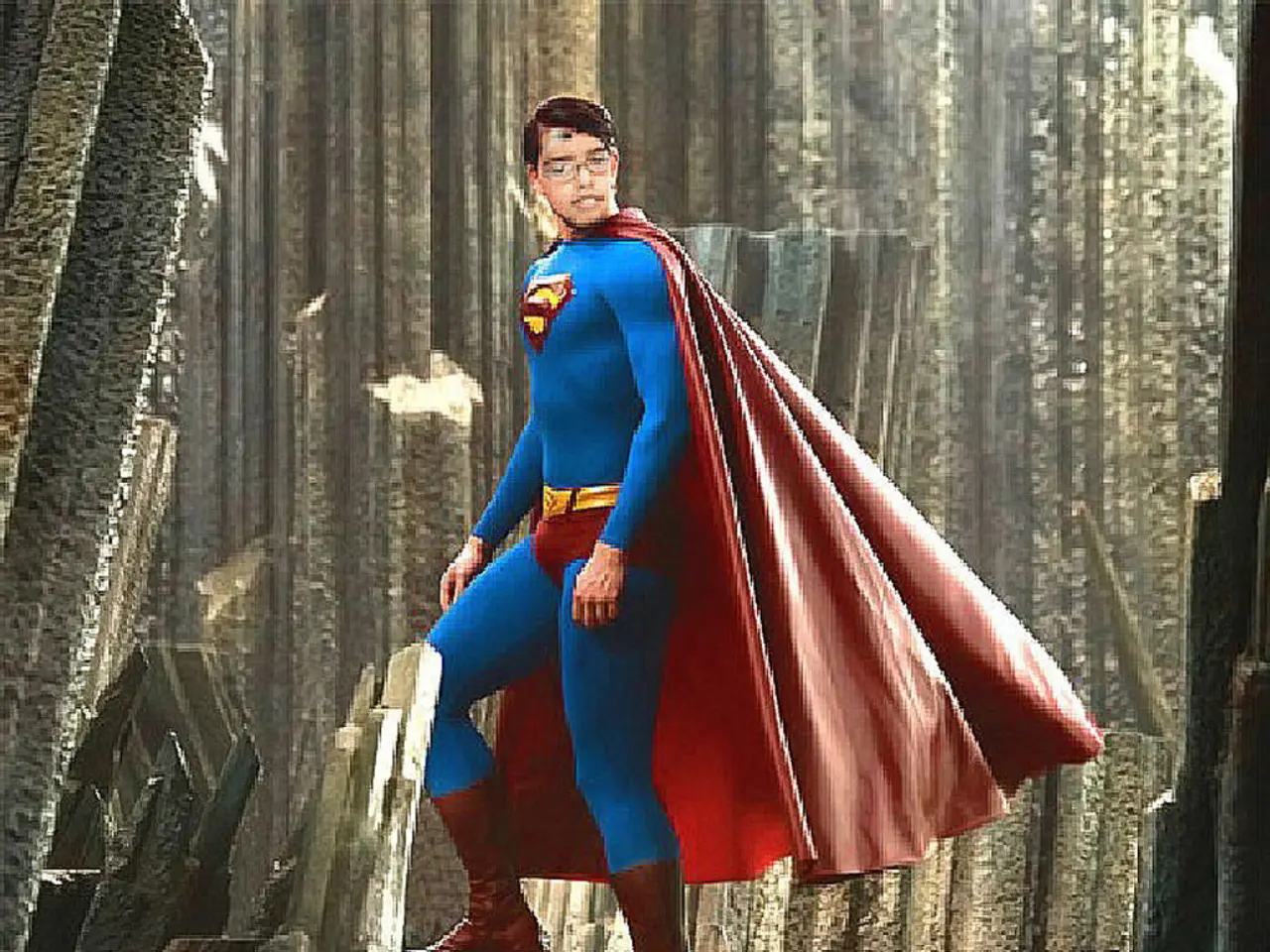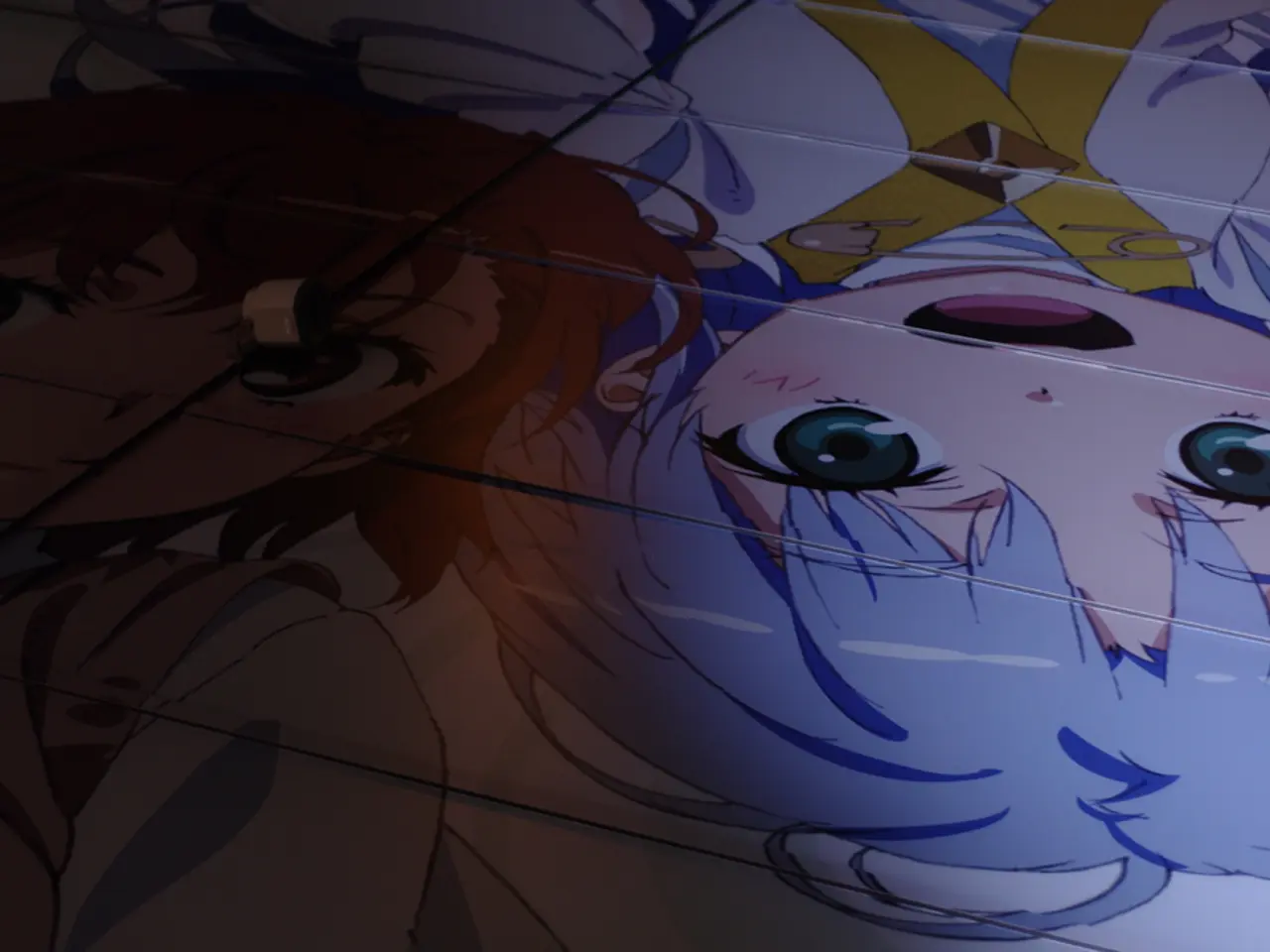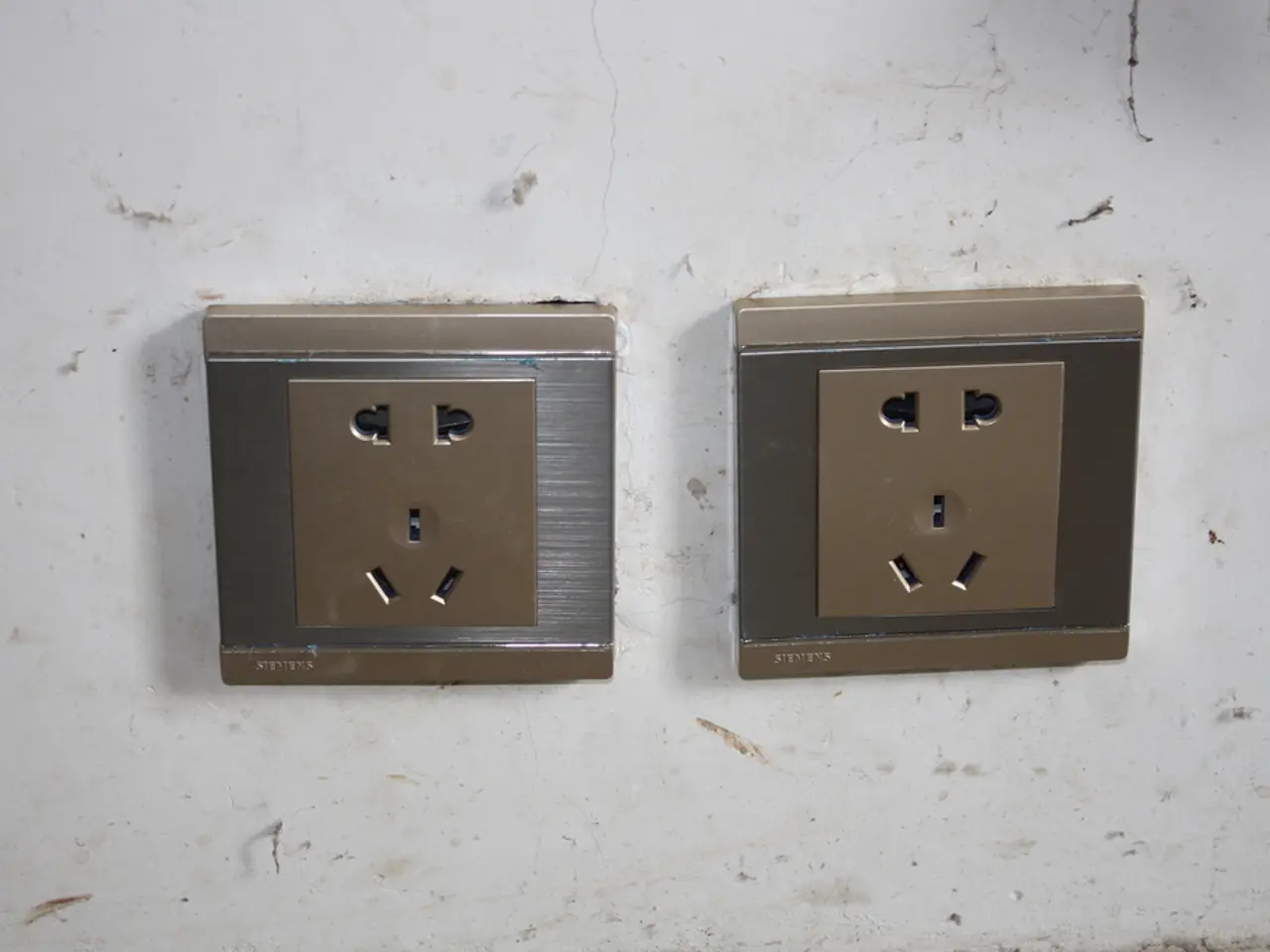Unexpected Insights about Monopoly Man: 7 Staggering Details You Probably Haven't Heard!
In the world of board games, few characters have achieved the iconic status of Mr. Monopoly, also known as Rich Uncle Pennybags. This emblematic figure, with his top hat, mustache, and morning suit, embodies the prosperous "robber baron" stereotype that has been central to the Monopoly board game since its inception.
The history of Monopoly can be traced back to "The Landlord’s Game," a game designed by Lizzie Magie in 1904 to illustrate the negative effects of land monopolies and promote ideas like the single tax on property. Over time, various homemade and local versions of the game circulated, incorporating the idea of buying properties and collecting rent.
Charles B. Darrow, an unemployed engineer, adapted these earlier ideas and sold his version of the game to Parker Brothers in 1935. The company then popularized the game nationally and promoted Darrow as the sole inventor, overshadowing Magie's contributions. The Monopoly Man was introduced alongside the commercially branded version to symbolize the capitalist success and competition the game represented.
Fast forward to the 21st century, and Mr. Monopoly has transcended his role as a board game mascot. He has become a symbol for activists protesting against corporate greed and monopolistic practices. For instance, during Google's CEO hearing before Congress in 2018, protesters used the Monopoly Man to symbolize unfair practices and monopolistic behavior. Similarly, during Equifax hearings in 2017 and Google's antitrust trial in 2023, activists dressed as Mr. Monopoly to mock corporate greed and wrongdoing publicly during Congressional testimony.
The Monopoly Man has also ventured into popular culture, appearing in various animated series, movies, and even graphic novels. For example, he made a humorous cameo in the animated series "Family Guy," and in the 1995 comedy "Ace Ventura: When Nature Calls." He has also been parodied in shows like "Robot Chicken" and "Conan O'Brien's" talk show.
Interestingly, the Monopoly Man has become a subject of the Mandela Effect, a false memory phenomenon where a large number of people share the same incorrect memory. Many people mistakenly believe that Mr. Monopoly wears a monocle, despite the fact that he does not wear one in U.S versions of Monopoly games. This misconception is so widespread that it has even inspired a popular meme.
As global brands go, Mr. Monopoly's appearance has been adapted for different markets. Hasbro, the current owner of the Monopoly brand, has depicted him in different outfits for different countries. This unique cultural packaging is a testament to the universal appeal of the Monopoly Man.
In conclusion, Mr. Monopoly, the top-hatted, mustachioed figure from the Monopoly board game, has evolved from a simple mascot to a symbol of corporate greed and a subject of popular culture. His enduring legacy is a testament to the power of iconic branding and the timeless appeal of the board game that brought him to life.
[References] [1] Parker Brothers' game [2] Charles B. Darrow [3] The Landlord’s Game [4] Lizzie Magie [5] Monopoly Man [6] Mandela Effect [7] Forbes' list [8] Equifax hearings [9] Google antitrust trial [10] Dash Shaw's graphic novel [11] Reddit and 4chan [12] Robot Chicken [13] Conan O'Brien's talk show [14] Monopoly Man's first appearance [15] Mr. Monopoly's renaming [16] Artist Daniel Fox and banker J.P. Morgan
- The Monopoly Man, a symbol associated with capitalist success and competition, has become a staple in modern pop-culture, appearing in numerous animated series, movies, and graphic novels.
- In protests against corporate greed and monopolistic practices, activists often use the Monopoly Man as a symbol, similar to how he was utilized during Google's CEO hearing before Congress in 2018.
